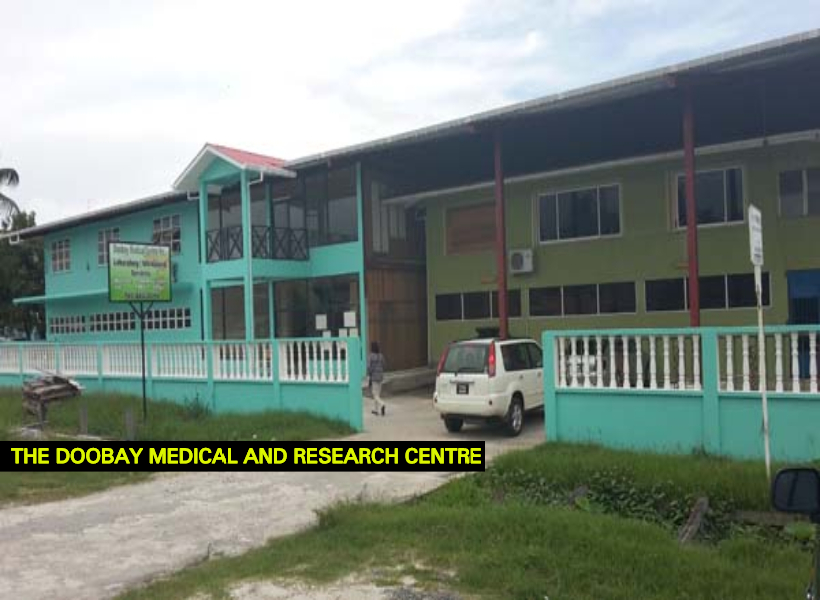In what it calls “a gesture of goodwill and care”, the Doobay Medical Research Centre will be reducing the cost of accessing dialysis – from $12,000 to $9,000 per session – in the new year.
Slated to commence from January 1, 2019, the initiative will provide much needed relief for persons wishing to access dialysis to fight kidney failure, one of the major challenges facing the health sector.
Listed among the chronic non-communicable diseases (NCDs), kidney failure is causing suffering in a growing number of persons. Kidney failure, also known as renal failure, is manifested with symptoms, including a reduced amount of urine; and swelling of the legs, ankles and feet from retention of fluids caused by the failure of the kidneys to eliminate water waste.
There is no cure for kidney failure; rather persons so inflicted are dependent on treatment if they are to have a relatively decent existence, in terms of their health. But what is known among kidney failure patients is that their condition will become progressively worse to the point where they will require dialysis if a kidney transplant is surgery is not possible.
Dialysis is a treatment that filters and purifies the blood using a machine. This helps keep the fluids and electrolytes in balance when the kidneys cannot perform their duty.
While kidney failure patients are afforded free dialysis at the Georgetown Public Hospital Corporation (GPHC), this is only offered for a period after which they are expected to seek treatment at privately operated dialysis centres.
Kidney failure patients require at least three sessions of dialysis per week and the cost associated with this is often more than many patients can afford. At private institutions a single session of dialysis could cost in excess of $10,000 per session.
Moreover, reports suggest that a number of these patients, once they would have exhausted their free treatment at the GPHC will either seek the assistance of family members or the public to fund their dialysis or simply prepare to die.
However, with the offer from the DMRC, it is expected that patients will have a chance at a prolonged existence.











